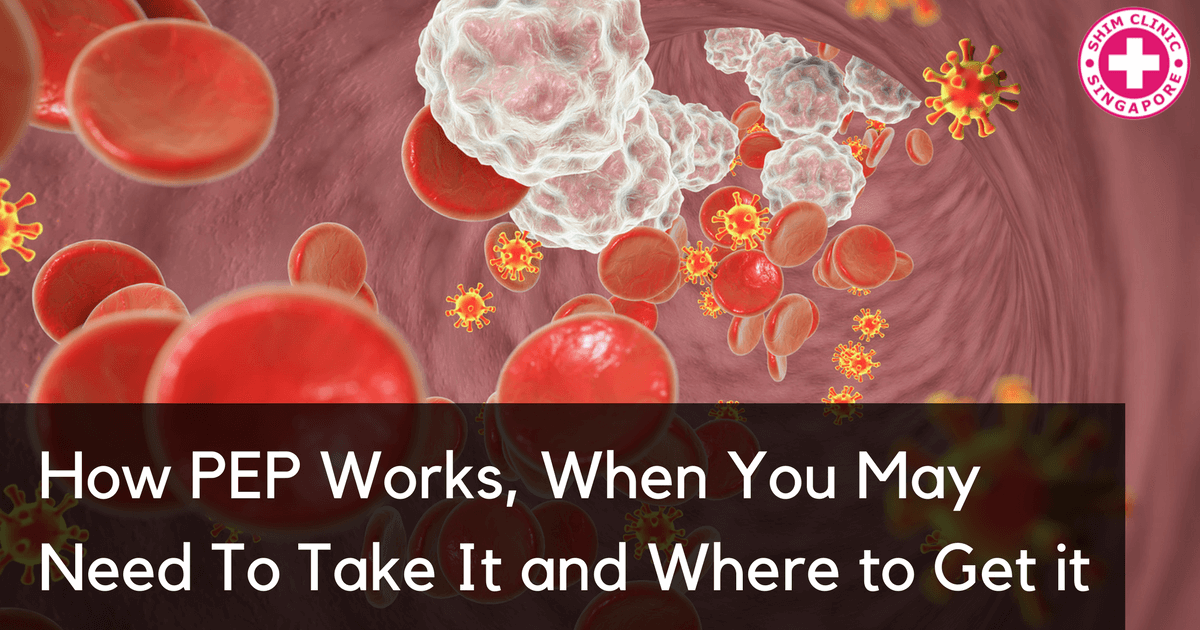While we don’t have a cure for HIV yet, we have what researchers call the next best thing: a pill that prevents HIV transmission.
Besides condoms, clean needles, and public education on HIV, researchers managed to come up with a pill to fight against the spread of HIV. The pill referred to as HIV post-exposure prophylaxis (PEP) is also popularly known as the HIV morning-after pill.
PEP has been proved to drastically reduce the risk of spreading HIV as long as it’s taken soon after exposure and adhere to the dosage. PEP works by assisting your immune system to fight the virus and prevent it from multiplying inside your body’s cells.
The already infected cells will die within a short time and if the virus cannot infect any more cells then you will not be at risk of getting HIV.
Haven’t heard about PEP yet? Here’s what you need to know to keep yourself and others protected.
When To Take PEP
PEP works as an antiretroviral therapy (ART) and should be taken only after potential exposure to HIV so that it can protect you from getting infected.
For PEP to work effectively, you have to take it within 72 hours after exposure to HIV. But just as it is with the morning after pill, the sooner you start PEP, the more effective it will be.
Once you start taking PEP you should take it once or twice a day (according to your doctor’s instructions) for 28 days.
PEP should only be used only in emergency cases such as:
- Needlestick injury during work for healthcare worker
- Broken condom during sex
- Shared needles
- Sexual assault
It should not be the daily means of protecting yourself against the virus. If you fall under the high risk population (sex workers, injecting drugs, men having sex with men) you should instead use HIV PrEP, another daily drug that works the same way to lower risk of infection.
What Causes PEP to Fail?
PEP is highly effective but if patients take long to start on PEP after exposure then its effectiveness reduces considerably. PEP will also fail to work if the patient does not adhere to the dosage as prescribed. Missed doses will cause the drug to fail.
In some rare cases, the patient may have been exposed to an HIV strain that is resistant to drugs thus will not respond to PEP. PEP will also fail if the patient’s initial viral exposure (infected cells) was too high.
PEP Side Effects and Where to Get It
The most common side effects from PEP are:
- Nausea
- General feeling of being sick
- Headaches
- Fatigue
- Vomiting
- Diarrhea
It’s important that you don’t stop taking PEP even if you have the above side effects. See your healthcare provider for ways to manage the side effects.
Your healthcare provider might also advise that you get tested for sexually transmitted infections (STIs) after your exposure. You may also have to take emergency contraception to prevent getting pregnant.
If you have been exposed to HIV please visit a healthcare clinic immediately for evaluation and possible administration of PEP.

